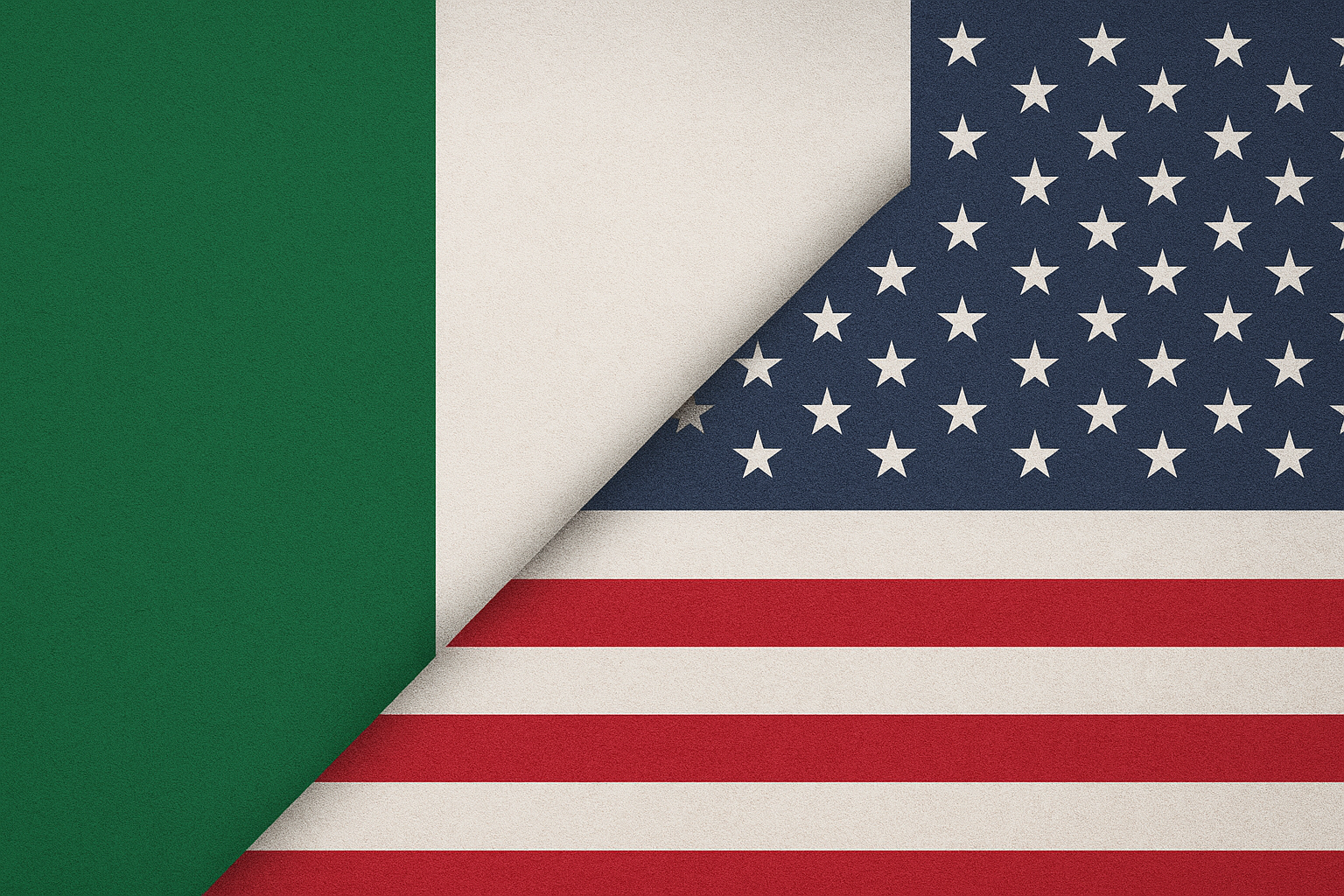By Deborah Akwa
Copyright pulse

For Africans, migration is no longer regarded as a peculiar venture having become a culture interwoven in the fabric of many on the continent.
Migrating from Africa to the United States has rapidly grown over the past few decades, but one country stands out more than others: Nigeria.
According to U.S. census data, over 400,000 Nigerians now call America home, making them the largest African immigrant group in the country.
ALSO READ: Passport wahala: From ₦15k in 2010 to ₦100k in 2025 – How cost of Nigerian passport keeps doubling
The big question is why do Nigerians, more than any other African country, dominate the migrant list, and what does this mean for Africa’s future?
Why Nigerians dominate the chart
According to reports, Nigerians are among the most educated immigrants in the U.S. Studies show that nearly 61% of Nigerian-Americans over 25 hold at least a bachelor’s degree, far above the U.S. national average, in summary, “Nigerians sabi book”. For a lot of young Nigerians, the U.S. is a place where their academic qualifications and certifications can be linked up with better opportunities.
Economic Instability
High rates of unemployment, inflation, and unstable electricity supply in Nigeria most times push skilled workers to seek greener pastures. The U.S. has a wider job market and stronger currency, which remains an attractive destination for professionals, skilled workers, entrepreneurs and students.
EXPLORE: 5 Career shifts happening because of Nigeria’s japa wave
The ‘American Dream’ Mindset
Many Nigerians are known for their resilience, tenacity and ambition. For decades, families have seen America as a land of endless opportunities and possibilities, whether in education, business, or lifestyle. Over the years, States like Texas, Maryland, New York, and Georgia have strong Nigerian diaspora communities already established which makes the transition easier for newcomers.
ALSO READ: What’s fueling the rise of “japa regrets” among young Nigerian professionals?
Policy and Visa Opportunities
Student visas, work visas, and diversity visa lotteries (popularly known as the American Visa Lottery) have provided structured routes for Nigerians to enter the U.S. Over the years, Nigeria has consistently ranked high among applicants and recipients.
What does this mean for Africa’s future
Though Japa opens opportunities for individuals and families, it also comes with the good and bad sides for Africa’s future:
Skills and Talents Gap
Every year thousands of Nigerian doctors, engineers, tech experts, and academics Japa to the U.S. and other Western countries. This creates a huge vacuum and worsens Africa’s talent crisis, especially in the healthcare and technology sector.
For example, Nigeria continues to face a medical workforce crisis and has less than the WHO-recommended doctor-to-patient ratio, because a lot of medical professionals have relocated abroad.
FURTHER READING: Japa on a Budget – How to plan your travel with minimal resources
Changes in cultural structures and families
Children born to Nigerian and African parents in the U.S. often grow up navigating dual identities, African at home, American in society. This identity influences their interaction with arts, music, politics, and entrepreneurship, which creates a wave of African-American leaders with strong ties to Africa.
Some of these children are oblivious of their core roots and cultures but due to change in society and environment, they adapt the hybrid identity. However, the long-term impact is Africa gains global ambassadors, but risks a cultural drift if connections to the home weakens.
Shaping Global perception of Africa
Nigerians in the U.S. are excelling in fields like; medicine, law, technology, entertainment, and politics. From award-winning writers like Chimamanda Ngozi Adichie to medical specialists in top American hospitals, Nigerians are successfully reshaping how Africa is perceived abroad.
Future of Talent migration
The bigger question is whether Nigeria and Africa at large can create opportunities that make young people stay in their country. With rising youth populations, the pressure on African governments to fix their economies, provide jobs, and improve the education system has never been greater. If not addressed, the U.S. will continue to be a magnet for Africa’s brightest and greatest minds.
Nigerians top the list of African migrants in the U.S. due to a mix of ambition, opportunity, education and other push factors at home. To be honest, the recognition of successful Nigerians brings pride on the global stage, but it also challenges Africa to find solutions to their challenges, rethink how to retain and empower its talent.
RECOMMENDED: Real Stories: I sold my father’s land to japa, now I want to come back home



